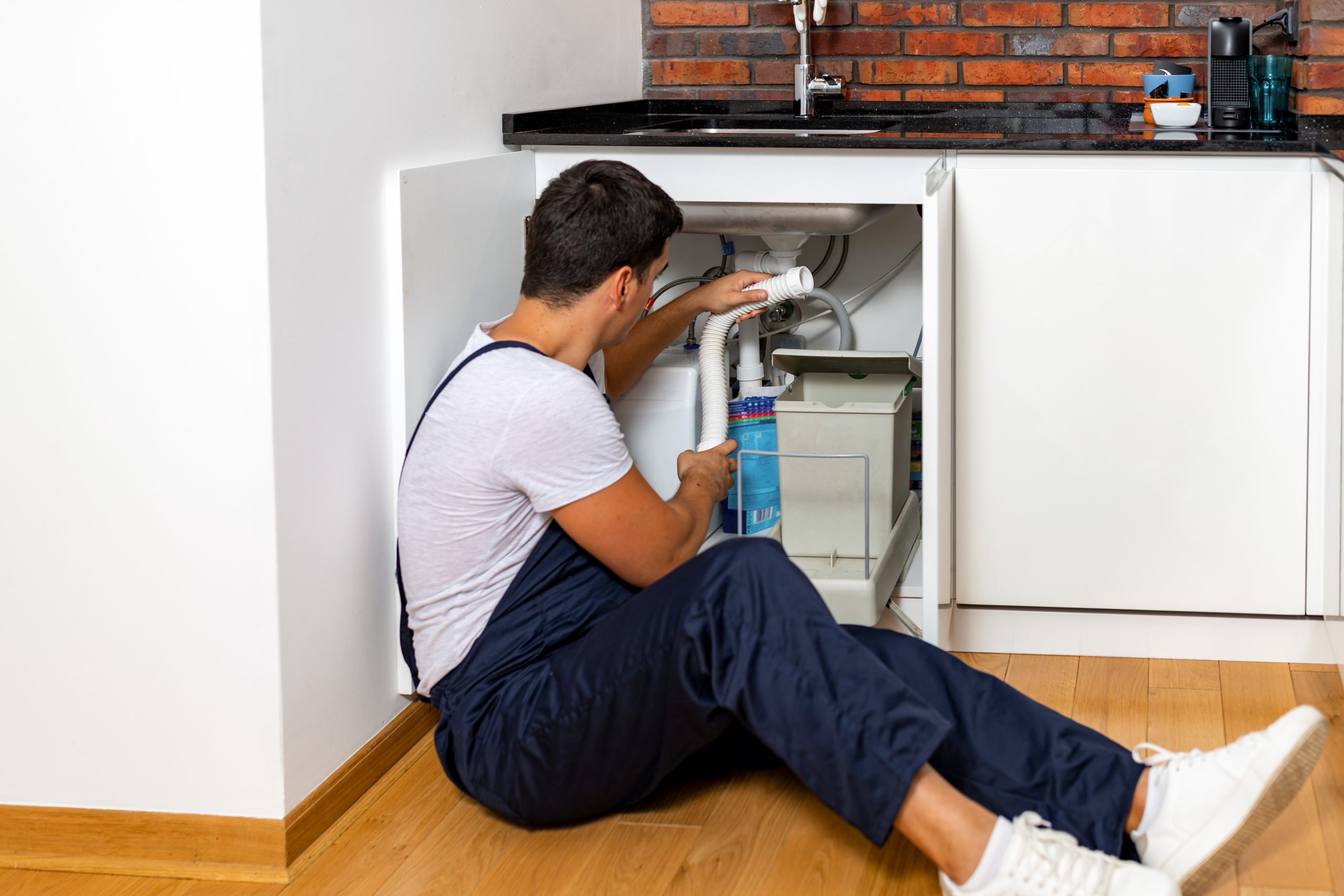
The rain that has been our almost constant companion on the East Coast this year has made the ground so wet that it could start affecting the structures of some homes.
State capitals Sydney and Brisbane have been inundated with more than 1,200mm and 1,500mm respectively, and many regional areas have been hit harder.
Cairns has been the wettest regional centre in Queensland, copping 117 days of rain, while NSW’s Mullumbimby has had to cope with 2,330mm.
The El Nina rain system has drenched our gardens, limiting the water they can soak up. So, it’s important to check the drainage around our properties, especially before a storm.
As an experienced agency in your area, we know discerning buyers look for signs of flood damage when inspecting a property.
If you don’t deal with the problem before going to market, it will risk undermining your auction outcome or private negotiation with prospective buyers. They will always use such issues as bargaining chips.
It’s worth remembering heavy rainwater flows with sticks and leaves that can get trapped in the sewage system. And if that happens, water backs up and spills into the surrounding area.
Ultimately, the water will accumulate at the lowest point on your property, softening the soil. And if that soil starts to shift, your underground pipes will bend, weaken and even crack.
We have listed some maintenance tasks to minimise the risk of a broken pipe:
- Check your gutters regularly and remove any leaf debris that can accumulate after heavy rain and big winds.
- Tap your downpipes to see if they sound empty. A dull thud could mean they’re clogged.
- Tip a small amount of water into any suspect downpipe to see if there’s a blockage. A clogged downpipe will cause the water to back up and possibly inside your home.
- Free your drains of leaf debris so water flows away from your home quickly.
- If there’s an issue, use a plunger to try to fix it. If that doesn’t work, call a plumber.
- A foul odour outside your home is an early sign you might have a water pipe problem.
- Watch for surface water accumulating in your yard. This is especially important if you have a septic tank.
- Low water pressure in the house indicates a pipe may be broken.
- Water discolouration and soil particles coming from your taps are tangible signs you have a serious problem and need a plumber.
